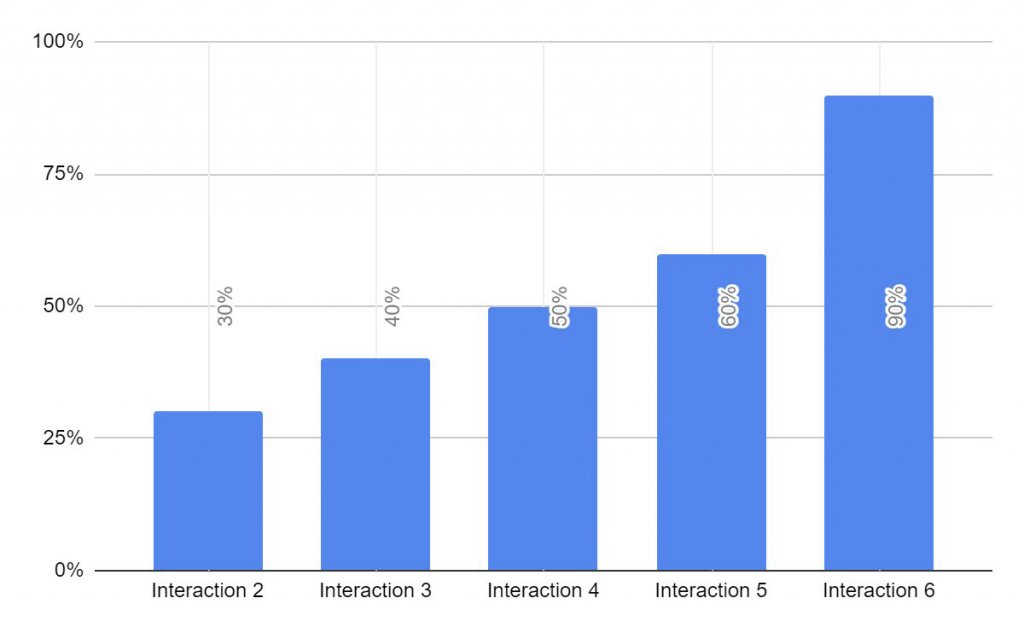Revision Hub
A Family Survival Guide
Examinations are the gateway to the next step in your child’s future.
Examinations are the key to unlocking the door to your future. Universities, workplaces and teachers are telling us that students are too reliant on being told what to do – you need to learn to be independent learners. The information on this hub will help you to make a good start to your revision and journey to success. It contains a variety of revision strategies, each with a task for you to try. You will find tasks aimed at specific subjects, but almost all of these strategies would suit any subject at all – so simply adjust the task to suit your subjects!
Support from parents has a massive impact on stress levels and on grades. This booklet should give you some ideas about how!
What does ‘revision’ mean?
Firstly and most importantly, revision does not mean looking at books and reading. Revision is only effective if there is some kind of interaction with the material concerned; you need to do something with it. You remember:

Minimum Expectations:
- 20 minutes of revision, three times per night, 5 times a week.
All independent revision is to be completed external to home learning and this will give you the best opportunity to give yourself every chance at succeeding after GCSE.
Top tips:
Be realistic and plan time away from your work to avoid burn-out!
- Make sure you prioritise studying the hardest subjects first.
- Be focused: 20 minutes working followed by 10 minutes rest is a good starting point. You can build up to a longer working time once you develop your stamina and concentration skills.
- Planning helps you to balance your time so that you don >t spend all your time revising one subject.
- If you share your revision plan with friends or family then you are more likely to stick to it.
- Don’t worry about other students’ revision plans – everyone does it differently! Check out The Exam Coach for some brilliant tips and videos on how to create your own revision timetable – and more!








